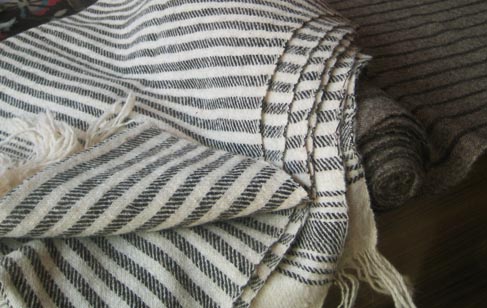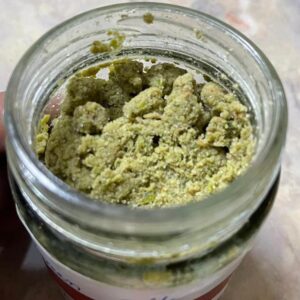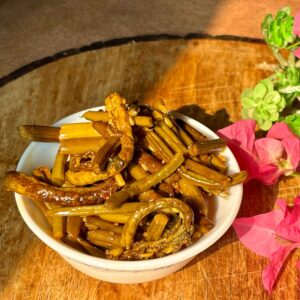Description
Pure Pashmina Shawls
The Bhotias are predominantly a nomadic tribe in the Indian state of Uttarakhand. They spend the winter months in Dhunda, obtaining wool and weaving fabrics, and the summer months in Harsil, growing beans, potatoes, apples, and almonds. Every year, a self-appointed group of elders (generally those who are incapable of farming) take charge of rearing, carefully guiding the sheep from all the households towards the local pastures and green lands, while the rest are busy farming. September–October is the business season. The sheep return from forests, farms are ready to be harvested, and apple orchards bloom red with fruits. Harvesting is a community affair, with everyone working together to reap each other’s fields, singing traditional songs, and sharing snacks. It is celebrated like a festive occasion.
At the end of summer, when the sheep are fat from grazing in the plains and their hair has fully grown, the tribe descends from Harsil to Dhunda to resume their weaving activities. After the sheep are sheared, the wool is washed and dried, ready to be made into yarns for weaving. This wool is used to create fine fabrics and traditional Pashmina Shawls, known for their warmth and softness. Even though the cleaning and carding of the wool is traditionally done by hand, two carding units were installed in Dhunda to speed up the process, out of which only one is functional today. The process of carding converts the rough wool into a thin, clean, homogeneous strip which can easily be spun into a yarn of equal thickness throughout.




Reviews
There are no reviews yet.